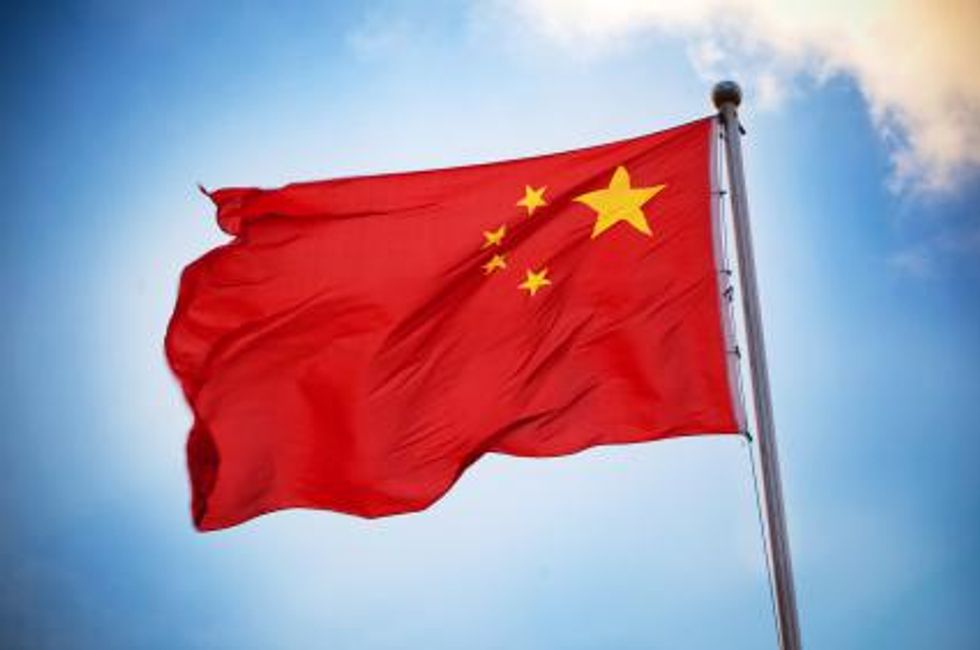MicroCoal Technologies Up 13 Percent on JV Announcement
MicroCoal Technologies ticked upward on the news that it has partnered with an affiliate of Hong Kong’s Jiu Feng Investments in order to help advance its processes in Asian markets.
MicroCoal has developed patented clean coal upgrading technology to improve the usability of lower-rank coals. The company recently opened a new research and development facility in Maryland, and is constructing commercial-scale facilities in Indonesia and Virginia.
The agreement
MicroCoal and its new partner will create a Hong Kong corporation that will operate MicroCoal’s recently constructed research, development and technology showcasing complex in Songjiang Industrial Park, Shanghai. The company will also source coal samples from Asian markets for testing, and will eventually add personnel to help build relationships with state and privately owned Asian utilities.
MicroCoal will own a 51-percent interest in the company, and will also hold a majority position on its board of directors. The agreement is for a term of five years, and will be renewed automatically for a further five years unless either party terminates the initial term.
Good potential
Based on comments from MicroCoal CEO Lawrence Siegel, prospects are already looking good for MicroCoal in China. Siegel said in Wednesday’s statement that MicroCoal’s complex “has already hosted senior delegations from China’s largest power utility companies including China Petroleum & Chemical Corporation” (HKEX:0386).
Following live demonstrations of MicroCoal’s process, the CEO reported that MicroCoal “received an invitation from Sinopec to sign an MOU to escalate batch testing to full-scale commercial studies.” Certainly, with China’s move to ban highly polluting coals and to shut down low-rank coal production, clean coal upgrading technology could be a boon for producers.
As Siegel has previously explained, low-rank coals inherently have lower levels of pollutants, such as sulfur and ash, than high-rank coals, so they can actually be more environmentally friendly to burn once upgraded.
Energy efficiency
Speaking with Coal Investing News, Joe Aldina of Wood Mackenzie in New York (who does not cover MicroCoal) said he likes the idea of coal upgrading technology, but has not seen coal upgrading technology companies become commercially viable in the past. “Often the cost and the energy needed to remove the moisture from the coal overshadows the energy savings,” he explained. “I think that’s the key to these processes — how energy efficient can you be in the dehydration stage?”
Still, he believes that plenty of potential exists for the technology in Asia. “There’s a lot of low-rank coal in Western China, and in Inner Mongolia,” he said.
Confidence in coal?
Of course, joint ventures and acquisitions in any space can indicate increased confidence in the sector. Indeed, Aldina said that this isn’t the only instance of Hong Kong looking to a Canadian company for its resources. The analyst noted that HD Mining International, which runs a coal mine in Northeast BC, is indirectly owned by China’s state-run Huiyong Holdings, while Hong Kong’s Up Energy Development Group (HKEX:0307) has signed a memorandum of understanding to purchase a large stake in Grand Cache Coal’s (TSX:GCE) Alberta mine.
He admitted it is an “interesting link” that illustrates that China and Hong Kong are “looking to Canada for natural resources.” He stated that “in [Up Energy’s] case, it’s natural resource reserves production, and in [MicroCoal’s] case, it’s technology.” To be sure, it seems that demand from across the Pacific isn’t going away any time soon, and coal investors will no doubt be watching MicroCoal and other upgrading technology companies for further developments.
At close of day on Wednesday, shares of MicroCoal were up 13.33 percent, trading at $0.17.
Securities Disclosure: I, Teresa Matich, hold no investment interest in any companies mentioned in this article.
Related reading:
